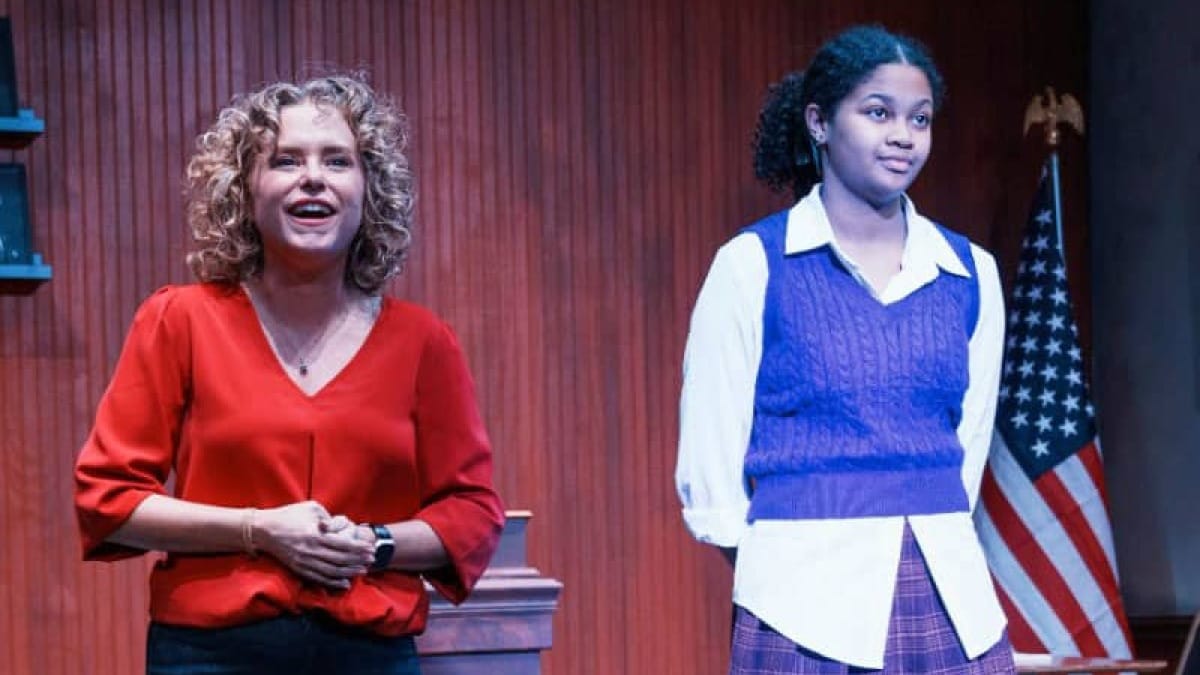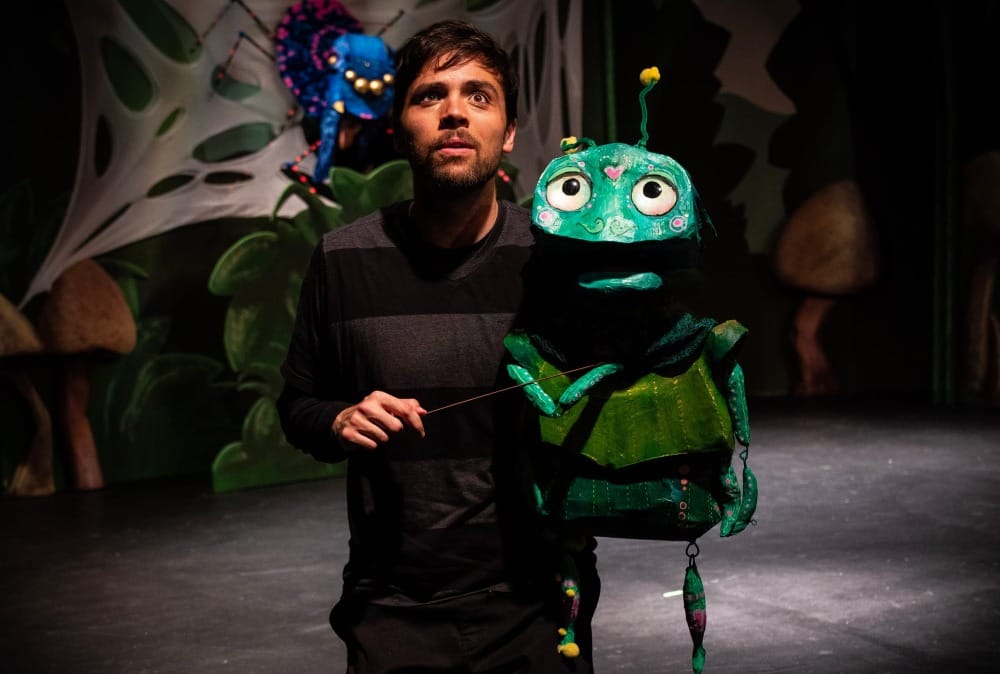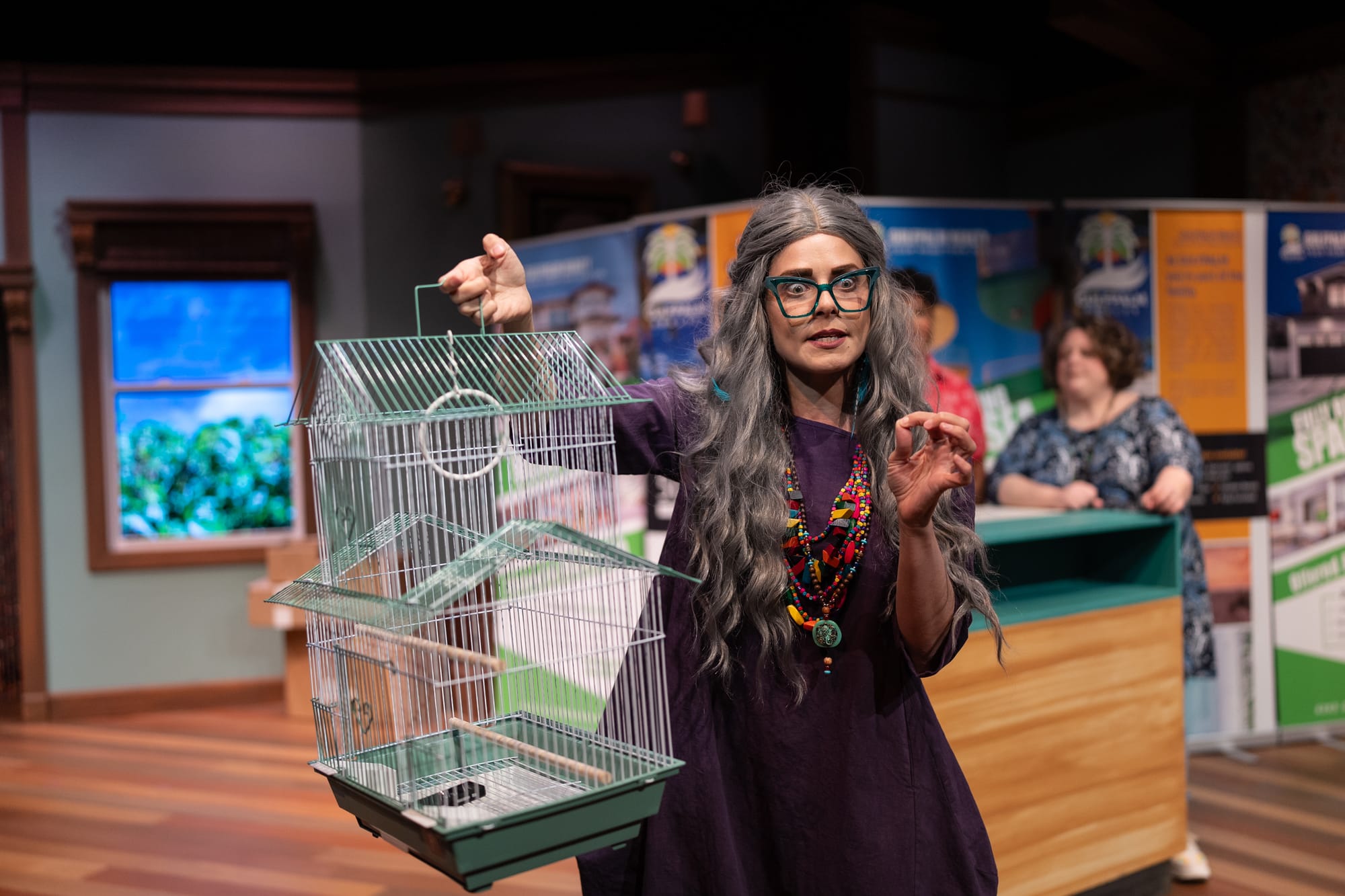A Year Without State Support: Florida’s Arts Orgs Still Reeling from DeSantis Veto

By Avery Anderson
It happened quietly, with the stroke of a pen.
In May 2024, Florida Governor Ron DeSantis vetoed more than $30 million in arts and culture funding that had already been approved by the state legislature — wiping out the entire grants budget for theaters, museums, festivals, and community arts organizations across the state.
“When I see money being spent that way, I have to be the one to stand up for taxpayers and say, ‘You know what, that is an inappropriate use of taxpayer dollars,’” DeSantis said at the time. “I think the Legislature needs to reevaluate how that’s being done.”
One year later, Florida’s cultural sector is still picking up the pieces.
The veto left hundreds of organizations with nothing — no public support for salaries, for education programs, for performances already planned and rehearsed. Some turned to donors. Others cut staff. A few made it through by leaning hard into commercial hits. But many lost something more difficult to quantify: momentum, morale, a sense of being valued.
“Honestly, we’ve always worked with less than we need,” said David Jenkins, producing artistic director of Jobsite Theater in Tampa. “But now we’re doing the impossible. We’re cutting back on artists’ wages, canceling work we believe in, and asking the same exhausted people to do even more — all while trying to convince the public that theatre still matters.”
“We Have No Margin of Error Left”
Jobsite Theater had been recommended for $79,000 in state support for the 2024–25 season. The legislature ultimately approved a reduced amount — nearly $35,000 — before the governor’s veto eliminated it entirely.
The result, Jenkins said, has been painful: “Wage stagnation, wage reduction, tightening of programmatic access, change in programmatic philosophy, production value cuts.”
After raising the minimum weekly pay for actors and stage managers to $425 in the 2023–24 season— a competitive rate for the region — Jobsite was forced to reduce that rate back to $400 following the veto. “Moving into 25–26 we are still stuck at that $400 a week,” Jenkins said. Designers and fee-based artists haven’t seen a raise since the 2022–23 season. And some are leaving Florida altogether.
“Terrible. That we continue to punish artists for working in this state is a travesty, and now we’re also seeing the flight of artists — many of these folks long-time, dedicated members of our team like Giles Davies, Jo Averill-Snell, and Nicholas Perez-Hoop — pack up and move to states where they better support the arts.”
Education access has also taken a hit. Jobsite once offered entire schools like St. Peter Claver Catholic School and Blake High School the chance to attend productions for free. “We can’t do that anymore because we don’t have the money to burn even if we wanted to,” Jenkins said.

And while the company moved forward with The Butterfly’s Evil Spell, a world premiere based on the work of Federico García Lorca, the cost was staggering. “We’re not going to be able to do anything like that again for years at this rate.”
Instead, Jobsite has programmed a 2025–26 season built on household names — safer titles that require less explanation. “We need the theater full,” Jenkins said. “We have no margin of error left.”
“The Financial Hit Was Felt”
At Stageworks Theatre, the cuts came on top of hurricanes and inflation. The theatre had applied for $60,000 — in line with past years — but received nothing. The result was a shortened season, a canceled production run, and an exhausted staff.
“The loss of those funds significantly impacted our ability to operate at full capacity,” said Cecilia M. Claudio-Torres, Rentals Coordinator and Development Specialist at Stageworks Theatre. “We had to issue urgent calls to action to our patrons, ramp up our fundraising efforts, and lean heavily on the generosity of our community.”
What the Constitution Means to Me was supposed to be a highlight of the season. Instead, the company canceled more than half of its run.
“We’re currently operating with a skeleton crew,” Claudio-Torres said. “Despite these challenges, we’re incredibly grateful that our community partnerships have remained strong. There’s a shared understanding among nonprofits right now: we’re all feeling the strain, and collaboration is more essential than ever.”
Stageworks was able to recoup some of the loss through calls to action and alternative programs, but the warning signs are clear. “It’s no longer just about getting through this year — it’s about strategizing for long-term sustainability in a landscape where traditional public funding may not be as reliable.”
“We Can Survive, But We May Not Thrive”
Not every company had to cancel programming. At freeFall Theatre in St. Petersburg, the full season moved ahead as planned — even after a $105,000 approved grant disappeared.
“freeFall was able to adjust our budget accordingly and keep all our scheduled programming and existing staff,” said Managing Director Craig Badinger. The company leaned heavily on individual donors to make it work.

Still, Badinger warned that “if state funding does not return, freeFall will face slower growth.” He emphasized that public support must now take center stage: “At this moment the arts and culture sector needs champions. That means buying full-priced tickets and attending a lot of performances, telling your friends and neighbors about good experiences, and donating to the extent that you can.”
The bigger picture, he added, is economic as well as artistic. “The people who work in arts careers live here in our neighborhoods. They pay rent, pay taxes, dine out, hire contractors and childcare. The arts not only add quality of life and character to our community; arts employees are a vital part of our local economy.”
“We’re Not an Accessory. We’re a Community Asset.”
The stakes, arts leaders say, are more than financial.
“When funding for the performing arts disappears, it’s not just the programs that suffer — it’s the artists, the staff, the audiences, and the next generation,” Claudio-Torres said. “We risk silencing voices that need to be heard and losing access to stories that shape empathy, understanding, and community.”
For Jenkins, the cost of continuing under these conditions is personal.
“I absolutely refuse to be ok with the ‘starving artist’ mentality,” he said. “We’re doing real, tangible public good. We’re not an accessory, but a community asset.”
Jobsite now relies on box office returns more than ever, including dynamic pricing models where tickets for hits like The Rocky Horror Show can exceed $90. It keeps the doors open — but raises equity questions.
“One way or the other, someone is paying for the work, you know?” Jenkins said. “And it shouldn’t just be those who can afford it.”
So what can the public do?
“Buy a ticket. Show up. It’s that simple,” he said. “If folks are already coming, make a point to bring a friend. Theatre is a habit, and a social activity... We can’t ask anyone to marry us before the first date.”
